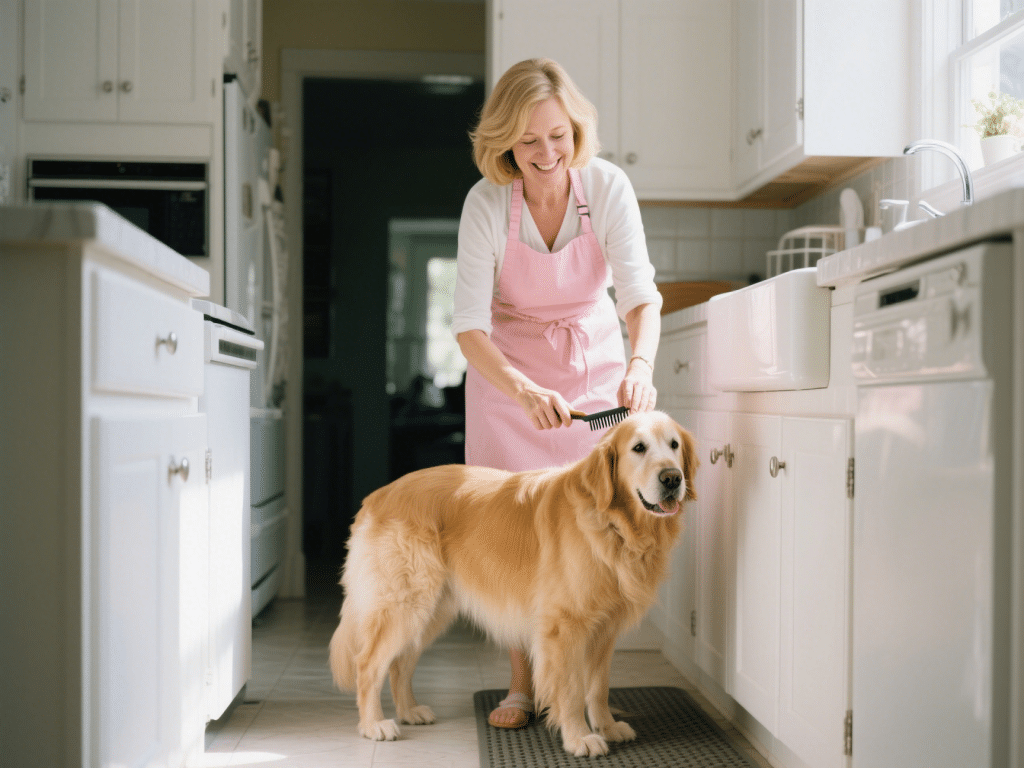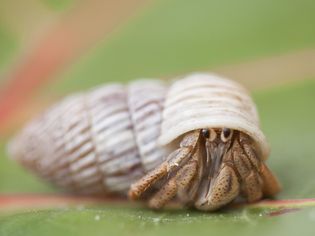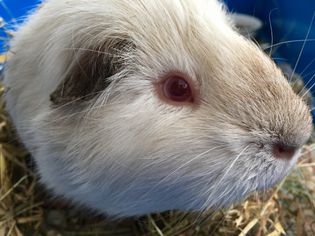
DIY Enrichment Toys to Stimulate Indoor Dogs
Dogs are inherently curious, and without proper mental stimulation, even the happiest pets...
Introduction
Parasite control is a cornerstone of puppy health, with many infections acquired prior to birth or during nursing. Determining the correct time to initiate deworming safeguards puppies from early health complications. This guide provides evidence-based recommendations on when and how to start deworming your puppy.
Two Weeks of Age
Reason: Puppies can contract roundworms from their mother in utero and through milk.
Initial Medication: Pyrantel pamoate, 5 mg/kg, orally; repeat every 2 weeks until 12 weeks.
Four to Six Weeks of Age
Medication Addition: Introduce fenbendazole (50 mg/kg once daily for 3 consecutive days) if mixed infections are suspected.
Fecal Exam: Perform a fecal float to identify specific parasite burdens and adjust treatment accordingly.
| Age | Medication | Dosage | Notes |
|---|---|---|---|
| 2 Weeks | Pyrantel Pamoate | 5 mg/kg orally | First dose; covers roundworms, hookworms |
| 4 Weeks | Pyrantel Pamoate | 5 mg/kg orally | Second dose; add fenbendazole if needed |
| 6 Weeks | Fenbendazole | 50 mg/kg once daily for 3 days | Targets broad-spectrum parasites |
| 8 Weeks | Pyrantel Pamoate | 5 mg/kg orally | Third dose |
| 10 Weeks | Fenbendazole | 50 mg/kg once daily for 3 days | Continued broad coverage |
| 12 Weeks | Pyrantel Pamoate/Praziquantel | 5 mg/kg pyrantel, 5–10 mg/kg praziquantel | Comprehensive tapeworm coverage |
Initial Check-Up (6–8 Weeks):
Physical exam, weight measurement, and baseline fecal test.
Tailor deworming protocol based on parasite load and overall health.
Follow-Up Visits:
Every 2–4 weeks until 12 weeks to reassess parasite status.
After 12 weeks, transition to a maintenance schedule (every 3–6 months).
Stool Monitoring: Inspect daily for evidence of worms, diarrhea, or blood.
Clean Environment:
Disinfect bedding and living areas weekly.
Remove feces promptly to interrupt parasite life cycles.
Nutrition and Immune Support:
Provide high-quality puppy food to boost immunity.
Consider probiotics after deworming to restore gut flora.
Breed Susceptibility: Certain breeds (e.g., Greyhounds) may require dose adjustments due to lean body mass.
Concurrent Vaccinations: Schedule vaccinations after completing initial deworming to ensure the puppy’s immune system responds effectively.
Signs of Adverse Reactions: Monitor for vomiting, diarrhea, or lethargy post-medication; contact veterinarian if severe.
Conclusion
Initiating deworming at two weeks of age and following a structured, veterinarian-guided schedule protects puppies from the earliest parasite threats. Combined with regular fecal exams, sanitation, and proper nutrition, this approach ensures optimal health and development.

Dogs are inherently curious, and without proper mental stimulation, even the happiest pets...

As a lifelong environmentalist and pet nutrition blogger, I’ve researched sustainable fe...

IntroductionDrooling (ptyalism) in cats after deworming is alarming for owners. While mild...

IntroductionWhen temperatures soar, dogs can overheat quickly. Frozen treats not only cool...

Home Dog Grooming: Essential Tools and TechniquesRegular grooming is crucial for your dog�...

Understanding Pet Health: Preventative Care and Regular Check-ups Are LifesaversOwning a p...

Before getting a pet hermit crab, you might ask yourself, “What do hermit crabs eat?”...

Many households have multiple kinds of animals so it. If you have a ferret or are thinkin...

Guinea pigs are very popular pets. Not only do they make great family pets because they a...
Comments on "When to Start Deworming Your Puppy: Everything You Need to Know" :